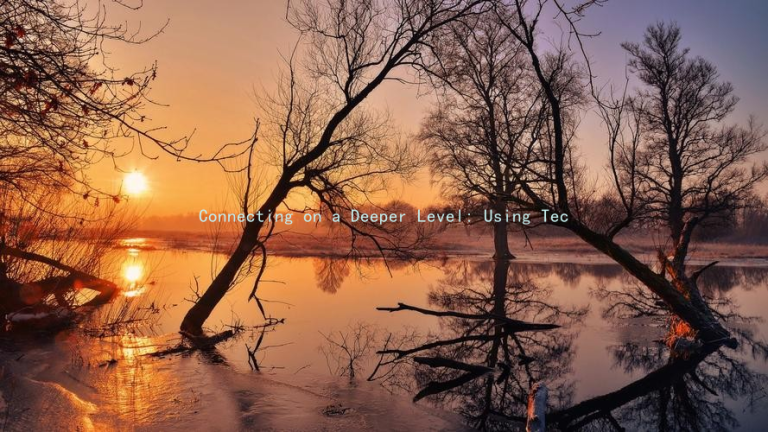The Role of Emotional Disturbance in Modern Dating: What You Need to Know
In todays fast-paced world, the landscape of dating and romantic relationships has evolved dramatically. While technology has provided us with various platforms to connect, it has also introduced new layers of complexity. Among these, the role of emotional disturbance has become a crucial element that individuals must navigate in modern dating. Understanding this phenomenon can significantly enhance your approach to relationships, ultimately leading to healthier and more fulfilling connections.
Emotional disturbance, in the context of dating, refers to the various psychological and emotional challenges that individuals may experience. It encompasses a wide range of feelings, including anxiety, insecurity, fear of rejection, and past traumas that impact one’s ability to form genuine connections. Recognizing these disturbances—both in oneself and in potential partners—is essential for successful dating.
One of the primary ways emotional disturbance manifests is through insecure attachment styles. People often bring their childhood experiences into adult relationships, affecting how they perceive intimacy and affection. For instance, someone with an anxious attachment style may constantly fear abandonment, leading to overdependence on their partner. Conversely, an individual with an avoidant attachment may struggle to open up, resulting in emotional distance. Understanding these patterns can help you identify potential challenges early on and communicate effectively with your partner.
Another critical aspect to consider is how emotional disturbances can influence communication. Misinterpretations and heightened sensitivities often arise when individuals carry unresolved issues into their dating lives. For instance, a simple text message may be perceived as cold or dismissive when, in reality, the sender may have been busy or preoccupied. Cultivating awareness of these emotional disturbances and practicing open communication can prevent unnecessary conflicts and misunderstandings.

Moreover, maintaining emotional intelligence is vital when navigating modern dating. This involves recognizing one’s own emotional triggers and learning to respond rather than react. For example, if you find yourself feeling jealous or insecure when your partner interacts with others, take a step back and reflect on the root cause of these feelings. This self-awareness not only promotes personal growth but also enhances your ability to empathize with your partner’s feelings.
It’s also essential to establish healthy boundaries to protect your emotional well-being. Setting boundaries can feel intimidating, especially in the early stages of dating, but it is imperative for fostering mutual respect in a relationship. Clearly communicating your limits helps prevent emotional disturbances from escalating and promotes a safe space for both partners to express their feelings without judgment.
Lastly, seeking professional help can be a valuable resource for those struggling with deep-seated emotional disturbances. Therapy or counseling provides a supportive environment to unpack personal issues and develop coping strategies. By addressing these emotions with a trained professional, individuals can approach their romantic lives with a clearer mindset, free from the burden of unprocessed emotional baggage.
In conclusion, understanding the role of emotional disturbance in modern dating is crucial for building healthier relationships. By recognizing attachment styles, practicing effective communication, maintaining emotional intelligence, establishing boundaries, and considering professional support, you can navigate the complexities of modern dating with confidence. As you embark on this journey, remember that self-awareness and empathy are your greatest allies in fostering meaningful connections.





